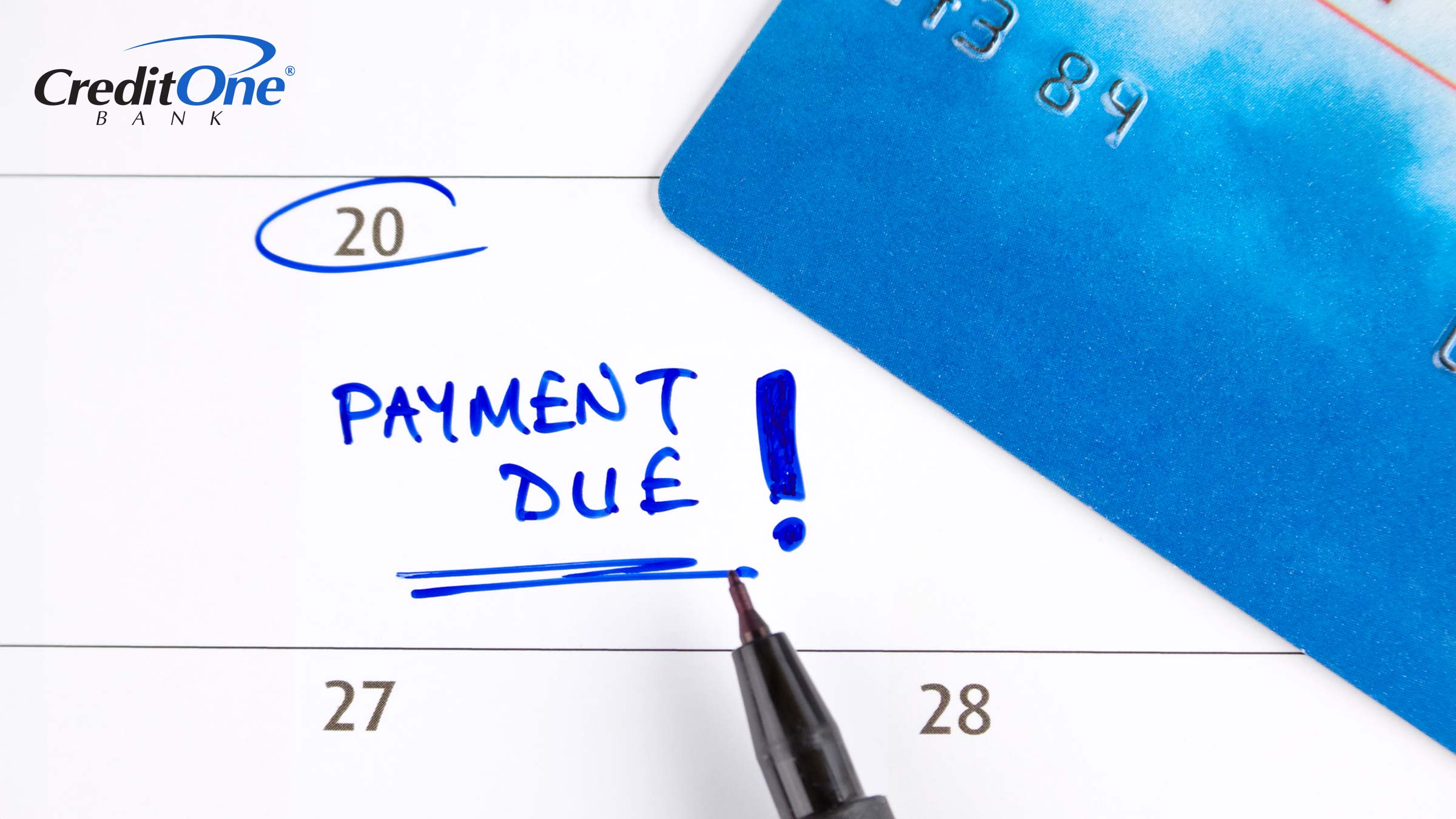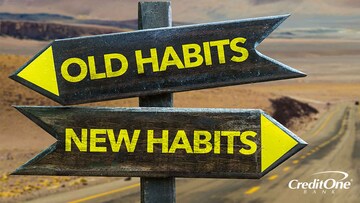What Factor Has the Biggest Impact on a Credit Score?
January 29, 2024
Credit scores can go up and down based on several factors. But one of them has the biggest impact on your credit score.

In this article:
- Introduction
- What Is the Most Important Factor of Your Credit Score?
- What Does Your Payment History Include?
- How Long Do Late Payments Stay on Credit Reports?
- Do All Credit Bureaus Get Notified About a Late Payment?
- How To Improve Your Payment History
- Other Factors That Impact Your Credit Score
- What Isn’t in Your Credit Score?
- Bottom Line
Introduction
Your credit score is an important little number that follows you around and impacts all kinds of things related to your financial life. That includes the terms and interest rates on your credit cards and loans, and whether you even get approved for them in the first place. But it also sometimes affects your car insurance and home insurance rates. And it could go as far as determining whether you get a job or not.
So having a good credit score definitely makes your life easier, and saves you money in the long run. Some things you do will lower your score, and others will hopefully raise your credit score over time. Those actions include financial habits, purchases, and even major life events.
But if you want to improve your credit score, the best strategy is to focus first on the factors that affect your credit score the most.
What Is the Most Important Factor of Your Credit Score?
Hands down, payment history is the #1 thing that goes into calculating your credit score. Believe it or not, this one aspect counts for 35% of your FICO® credit score and over 40% of your VantageScore®.
If you want to stop reading now, you already have your answer. But in case you’d like a better understanding of what that means, let’s look a little deeper into the topic.
What Does Your Payment History Include?
Your payment history is one part of your overall credit history. But it’s the most crucial part, because instead of just describing how long you’ve had various types of credit, it tells how diligent and responsible you’ve been with that credit. Which, of course, is what lenders care most about.
Your payment history is an overview of how and when you’ve paid your bills over the years. On-time payments are good, and past-due accounts are not. The types of accounts factored into this track record include credit cards, retail store cards, car loans, student loans, mortgage loans, and accounts from financial institutions.
Payment history includes:
- On-time payments of minimum amounts due
- On-time payments of full balances
- Late payments made after the due date
- Missed payments that were never made
- Charged-off accounts sent to collections
- How much money is owed on delinquent accounts
- How much time has passed since any delinquencies
The more times you paid late, and the more money you currently owe on past-due accounts, the more likely you are to have a lower credit score. The longer it’s been since you missed payments, or the longer you’ve been making on-time payments, the more likely it is that your credit score is higher.
How Long Do Late Payments Stay on Credit Reports?
The word “history” implies a long time, but your payment history only looks at a relatively recent period. If it gets reported, a late payment stays on your credit report for up to seven years.
A lot of other negative items remain in your credit report for up to seven years too, including defaulted loans, charged-off accounts, foreclosure, and some types of bankruptcy. But positive payment history can stay in credit reports indefinitely.
Do All Credit Bureaus Get Notified About a Late Payment?
There are three major credit bureaus — Experian, Equifax and TransUnion — that compile credit reports. However, not every creditor or lender reports to credit bureaus about everything, and they don’t have to report to all three.
In fact, some creditors don’t report to bureaus at all. If they choose to be a data furnisher, or information furnisher, they have to apply to each bureau separately, meet some minimum technical requirements, and agree that all data reported will be complete and accurate.
So no, it’s not a given that all (or any) of the credit bureaus will definitely get notified about your late payments. But it’s better to assume that they do, and make your payments on time. Because otherwise you’re dealing with a potential seven-year ding on your credit report.
How To Improve Your Payment History
The best way to improve your payment history is to start paying all your bills on time, every time. While the negative items will still be on your credit report for a few years, you can begin to establish positive payment history every single month. As time goes on, that new habit of paying on time becomes more important than any past delinquencies.
Paying the minimum due is all you really need to do, but you can give your credit score an even bigger boost — and save a lot of money on interest charges — by paying off the full balance. This frees up your available credit, which in turn lowers your credit utilization ratio, and that counts for 30% of your credit score.
Other Factors That Impact Your Credit Score
Payment history and credit utilization ratio have the biggest impact on your credit score, but a few other things get calculated into the equation as well. They’re weighted slightly differently depending on whether you’re looking at your FICO or VantageScore, but both models include the same basic considerations.
Credit scores are based on:
- Payment history, including on-time, late and missed payments
- Credit utilization ratio, or the portion of your credit lines you’re currently using
- Credit age, or how long it’s been since you opened accounts
- Credit mix, meaning you have credit cards, retail store cards, and/or loans and mortgages
- New credit, or the number of accounts you’ve opened recently
What Isn’t in Your Credit Score?
Your credit score is just about your relationship with credit, so it doesn’t include any personal identifying data that could indicate discrimination.
Credit scores don’t consider:
- Your race, ethnicity, or religion
- Your gender or marital status
- Your age
- Your employment history or occupation
- Your salary or total assets
- Where you live
- Any information not in your credit report
Bottom Line
The most important thing to focus on when trying to improve your credit score is paying all your bills on time, every time. Other habits to develop include keeping at least 70% of your credit lines open, striving to have different types of credit, and not opening too many accounts at once — but not closing the older ones, either. Even if you’re not using them, keeping those well-established accounts helps to fill out your credit history.
Of course, you need at least one credit card to establish a good credit score. If you’re looking for one that offers rewards and other perks, see if you pre-qualify for an offering from Credit One Bank.


![What Affects Your Credit Score & What It Affects [Infographic]](/content/dam/cob-corp-acquisition/images/articles/2021/03/104377_COC_4_101160_Credit_Score_Influence_Infographic.jpg?imwidth=360)

